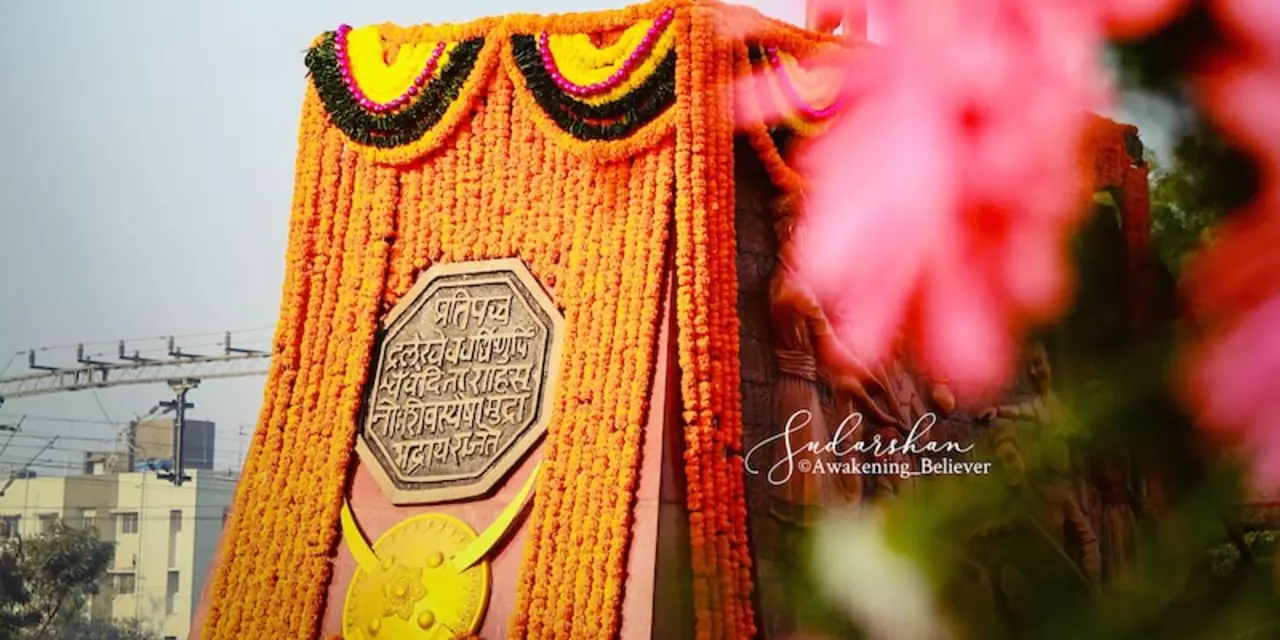Shivaji Maharaj – The Warrior Who Shaped Maharashtra
When you think of Indian history, the name Shivaji Maharaj pops up instantly. He wasn’t just a king; he was a strategist, a rebel, and a symbol of pride for millions. In this guide we’ll break down his early years, the battles that made him famous, and why his ideas still matter today.
Early Life and Rise to Power
Shivaji was born in 1630 at the hill fort of Shivneri, near Pune. His father, Shahaji, served the Deccan sultanates, but Shivaji grew up watching the local villagers suffer under foreign rule. Those scenes sparked a fire in him. By his teens, he started gathering a small band of trusted friends and began training in guerrilla tactics.
At just 16, Shivaji captured his first fort – Torna. That win showed his ability to plan, execute, and inspire. He didn’t rely on huge armies; instead, he used the rugged terrain, quick strikes, and local knowledge to outsmart bigger forces. The early victories earned him a reputation and attracted more warriors to his cause.
Key Battles and Governance
Shivaji’s most famous clash was with the Mughal Empire at the Battle of Pratapgad in 1659. He faced Afzal Khan, a seasoned general, and used clever tricks – like pretending to negotiate while setting a hidden weapon. The victory sent a clear message: the Marathas were a force to be taken seriously.
Beyond battles, Shivaji set up an administration that still impresses historians. He introduced a council of ministers called the Ashta Pradhan, each handling a specific area like finance, justice, or foreign affairs. This structure kept the kingdom organized and reduced corruption. He also encouraged trade, built roads, and protected farmers, which helped the economy thrive.Shivaji’s respect for different religions was another standout. He allowed Hindus and Muslims to worship freely and never forced anyone to convert. That tolerance built trust among his diverse subjects and made his rule more stable.
By the time he passed away in 1680, Shivaji had established a solid kingdom that stretched across much of western India. His descendants carried on the Maratha Empire, but the core ideas – fast attacks, strong local leadership, and fair governance – remained his legacy.
So why does Shivaji Maharaj still matter? For many, he represents the power of one person to challenge big oppressors using smart tactics and a clear vision. His story inspires leaders, students, and anyone who wants to make a difference without waiting for a perfect chance.
Next time you hear about forts in Maharashtra, remember they aren’t just stone walls – they’re the footprints of Shivaji’s daring moves. And if you ever feel stuck, think of his one rule: use what you have, know your ground, and act fast. That mindset can turn any challenge into a chance to shine.
